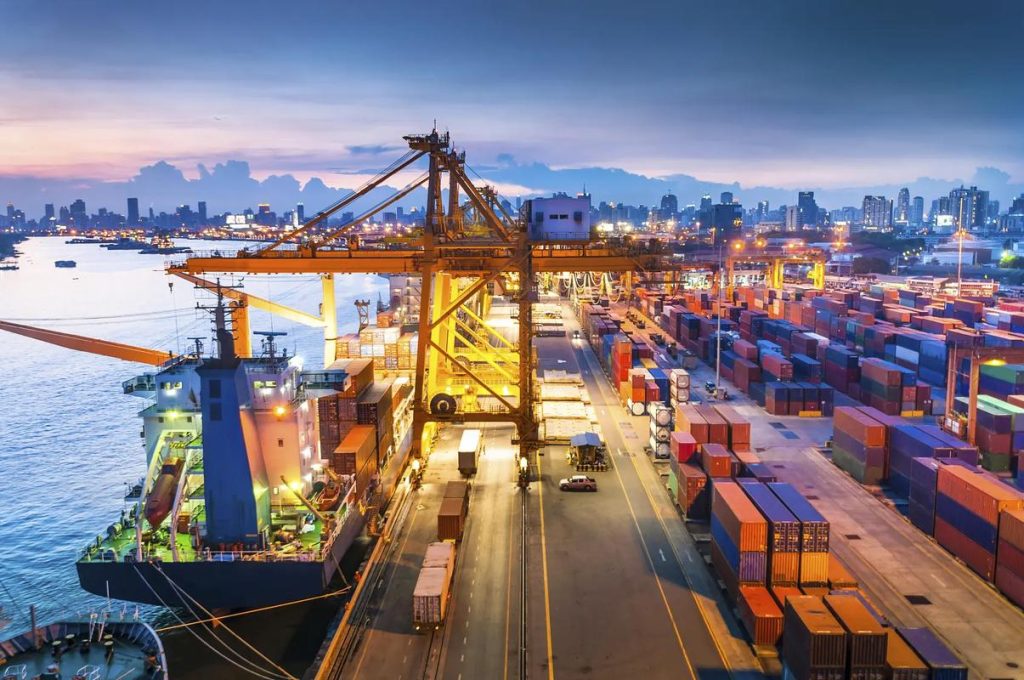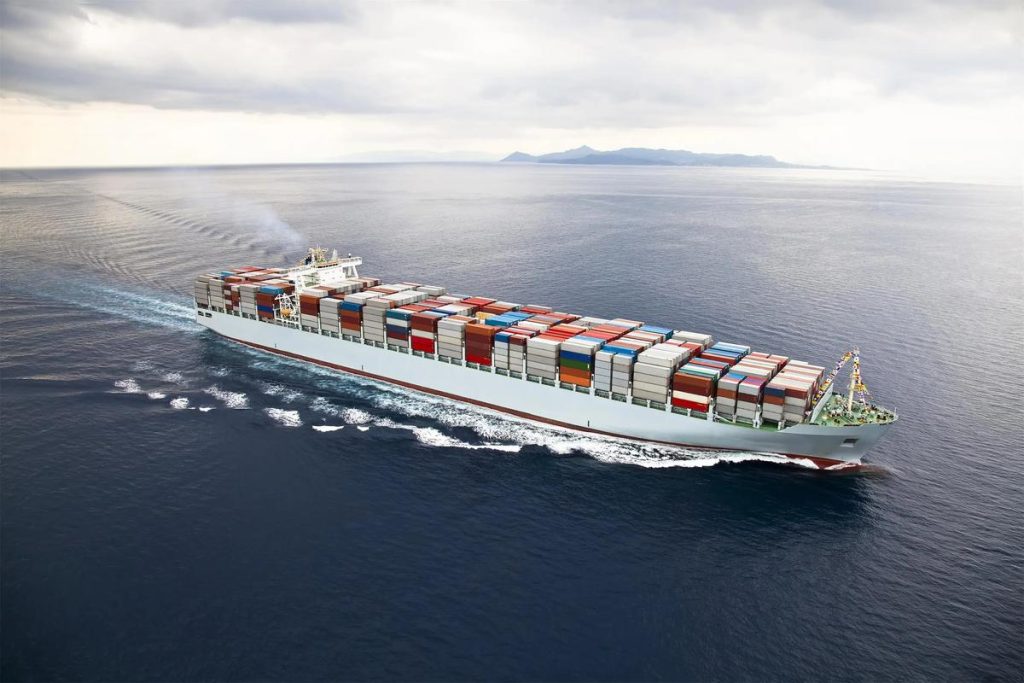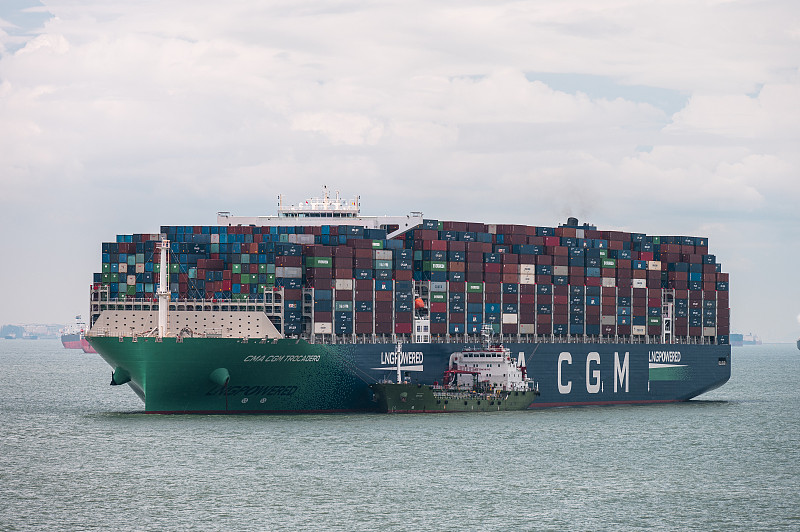


China’s position as the “world’s factory” makes it a pivotal hub for global trade. Whether you are sourcing electronics, textiles, machinery, or consumer goods, partnering with a Chinese freight forwarder ensures your cargo moves smoothly from factory to destination. This comprehensive guide explores the key aspects of China freight forwarding, from service offerings and cost optimization to compliance and technology integration.
Why Choose a Chinese Freight Forwarder?
- Local Expertise: Deep understanding of Chinese export regulations, port operations, and inland transport networks.
- Competitive Pricing: Strong relationships with shipping lines, airlines, and rail operators help secure favorable rates.
- One‑Stop Logistics: Consolidation, customs clearance, warehousing, and last‑mile delivery under one roof.
- Risk Management: Proactive handling of delays, documentation issues, and customs inspections.
Core Services Offered
1. Sea Freight (FCL & LCL)
- Full Container Load (FCL): Ideal for large shipments requiring exclusive use of a 20′, 40′, or 40′ High Cube container.
- Less-than-Container Load (LCL): Cost‑effective solution for smaller consignments, consolidated with other exporters’ cargo.
- Port-to-Port & Door-to-Door: Options range from simple port pickup to comprehensive door-to-door delivery.
2. Air Freight
- Express Services: Fast transit times for urgent shipments, typically 1–5 days to major markets.
- Economy Services: Cost‑sensitive option with slightly longer transit times, ideal for non‑urgent goods.
- Airport-to-Airport & Door-to-Door: Flexible pick-up and delivery solutions to suit different supply‑chain needs.
3. Rail Freight
- China–Europe Railway: Overland rail routes linking major Chinese hubs (e.g., Chongqing, Xi’an) to European destinations in 12–18 days.
- Cross‑Border Rail: Services to Central Asia, Russia, and Southeast Asia for cost-effective medium‑speed transit.
4. Inland Transportation & Warehousing
- Trucking & Rail Feeder Services: Efficient connections from factories to major ports (Shanghai, Shenzhen, Ningbo).
- Bonded & Public Warehousing: Short‑term and long‑term storage options with value‑added services (kitting, labeling).
5. Customs Clearance & Compliance
- HS Code Classification: Accurate tariff classification to minimize duties and avoid delays.
- Import/Export Documentation: Preparation of commercial invoices, packing lists, certificates of origin, and other required permits.
- Trade‑Compliance Audits: Regular reviews to ensure adherence to evolving international regulations.
Key Chinese Ports and Logistics Hubs
TEU = Twenty-foot Equivalent Unit
Cost Optimization Strategies
- Consolidation: Grouping multiple LCL shipments into FCL to lower per-unit costs.
- Seasonal Booking: Avoiding peak seasons (e.g., pre‑Chinese New Year, Q4 holiday rush) to secure lower freight rates.
- Multi-Modal Routing: Combining sea, rail, and road to balance speed and cost.
- Dynamic Rate Negotiation: Leveraging volume commitments and long‑term contracts with carriers.
Technology and Real‑Time Tracking
Modern freight forwarders employ transportation management systems (TMS) and GPS-enabled tracking to provide:
- Shipment Visibility: Live location updates via web portals or mobile apps.
- Automated Alerts: Notifications for customs holds, transshipment, or arrival at destination.
- Data Analytics: Performance dashboards to monitor on‑time delivery rates, transit times, and cost per shipment.
Choosing a Reliable Freight Forwarder
When selecting a China freight forwarding partner, consider:
- Licensing & Accreditation: Valid FMC (Foreign Freight Forwarder) license, IATA membership for air freight, and certifications such as ISO 9001.
- Network Coverage: Presence in major manufacturing regions (Guangdong, Zhejiang, Jiangsu) and global branch offices.
- Customer Support: 24/7 communication channels, multilingual staff, and dedicated account managers.
- References & Reviews: Verified client testimonials and performance case studies.
Ensuring Compliance and Risk Mitigation
- Due Diligence: Screen carriers and subcontractors for compliance with international sanctions and environmental regulations.
- Insurance Coverage: Cargo insurance options including All Risks and Total Loss Only (TLO).
- Contingency Planning: Alternative routing and backup carriers in case of port congestion or force majeure events.
Conclusion
Partnering with a professional Chinese freight forwarder is essential for efficient, cost‑effective, and compliant international shipping from China. By leveraging local expertise, integrated services, and advanced technology, businesses can streamline their supply chains and focus on growth. Whether you’re importing consumer goods, industrial equipment, or perishable items, a reliable freight forwarding solution ensures your cargo arrives safely, on time, and within budget.
